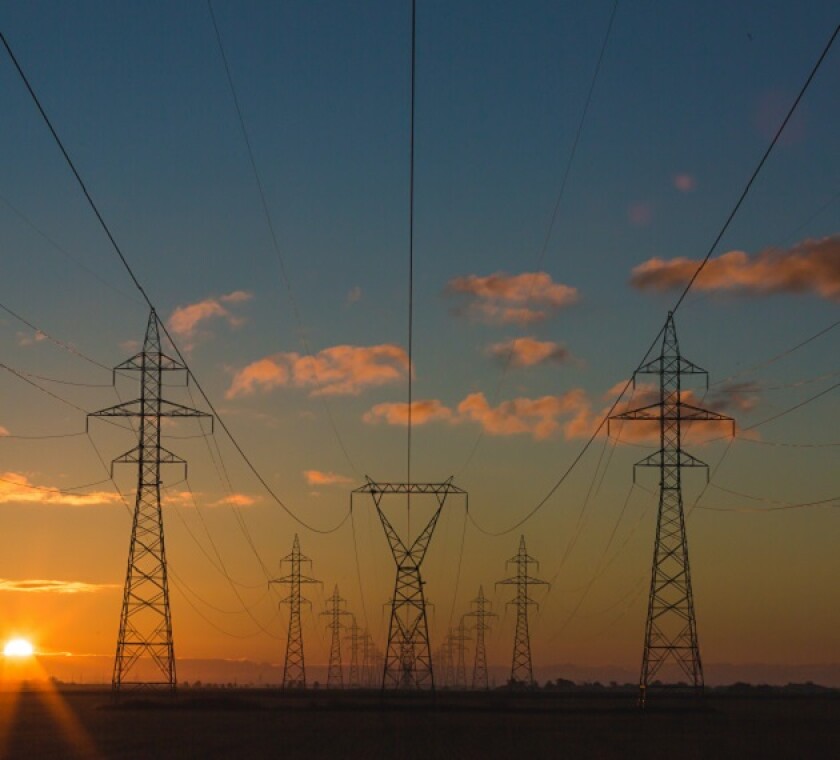The Brazilian energy sector is highly regulated. In general, electricity is supplied by the distribution network operator (DNO) licensed by the government according to the geographic area. The DNO distributes electricity from the transmission grid to homes and businesses under the terms, conditions and tariffs set forth by the National Electric Energy Agency (ANEEL). This is known as the ‘regulated market’.
Nevertheless, consumers that have a high demand for electric power (consumer units with a load greater than or equal to 3,000 kW) may purchase it directly from generators or electricity traders, in negotiable terms, conditions and, especially, prices. This form of electricity marketing is called the ‘free market’.
Although under free market transactions, the DNO is not a party to the commercial transactions between the electricity supplier and the consumer, it owns and maintains electricity cables and lines in a specific area. By means of this infrastructure, the electricity is received by the consumer, who pays for the tariff for the use of the distribution system (TUSD).
In view of this scenario, in 2009, the state of São Paulo – having had difficulties to audit the state VAT (ICMS) on many free market transactions – issued Decree 54177/2009 to establish a tax substitution regime under which the DNO, that lends its infrastructure, would be liable for the calculation and payment of the ICMS levied on the transaction between the supplier and the consumer.
The tax substitution regime was badly received by the DNOs, as they would become liable for carrying the tax calculation, filing the ancillary tax obligations, and paying the ICMS for several transactions in which they did not take any part, leading to a substantial increase of the ICMS compliance costs for such companies.
In view of this scenario, DNOs have taken the discussion to the courts, mainly arguing that such tax substitution liability was illegal because:
It was established by means of a decree, while the Brazilian federal constitution provides that only the law may assign tax liability;
The DNO is not part at the transaction subject to the ICMS, but only responsible for the cables and lines used by the electricity consumer;
The DNO could not recover the ICMS when the tax triggering event does not happen;
The electricity tariff would raise without ANNEL’s authorisation; and that
The federal constitution states that only the federal government may legislate on energy.
After 11 years of discussions, on October 13 2020, the Brazilian Federal Supreme Court concluded the judgment of Unconstitutionality Declaratory Action (ADI) 4281, deeming unconstitutional the tax liability of the DNO on free market transactions, mainly because it was imposed by means of a decree.
Nevertheless, it has been determined that the unconstitutionality will be effective as of the publication of the decision, which occurred on December 18 2020. To this effect, the tax payments made by the DNO under the tax substitution regime before such date are deemed lawful, and thus no refund will be authorised. On the other hand, such tax substitution will not apply to future transactions.
Although this decision came as good news for the DNOs involved in the electricity supply to free consumers established in the state of São Paulo, the state laws are still to be amended to enable, from a practical standpoint, transactions without the tax substitution regime.
Furthermore, it is worth noting that many Brazilian states have signed ICMS Agreement 77/2011, which provides for similar rules regarding the tax liability on transactions with electricity carried in the free market. Based on such an agreement, the states may hold the DNO liable for the payment of the ICMS in a similar manner to the state of São Paulo decree which has been declared unconstitutional.
To this effect, even though it can be understood that the tax substitution regime in matter is unlawful, because only a party who has a relationship with the tax triggering event can be liable for paying the corresponding tax (which was commented by some STF justices), the state of São Paulo decree was deemed unconstitutional due to the absence of a law establishing tax liability. Accordingly, some states could argue that the tax liability in matter is lawful if it is established by a law.
It will be necessary to follow up the changes on the states’ legislation, especially if the state of São Paulo will revoke the tax liability rule declared as unconstitutional, or if more disputes will have to be carried out related to the DNO liability on the electricity supply carried out on the free market.
Carolina Romanini Miguel
Partner
E:
crm@machadoassociados.com.br
Partner













